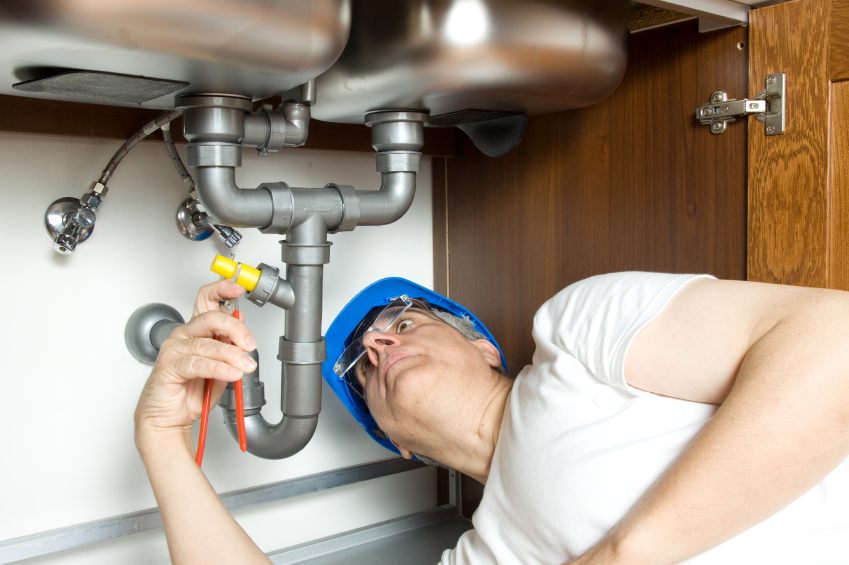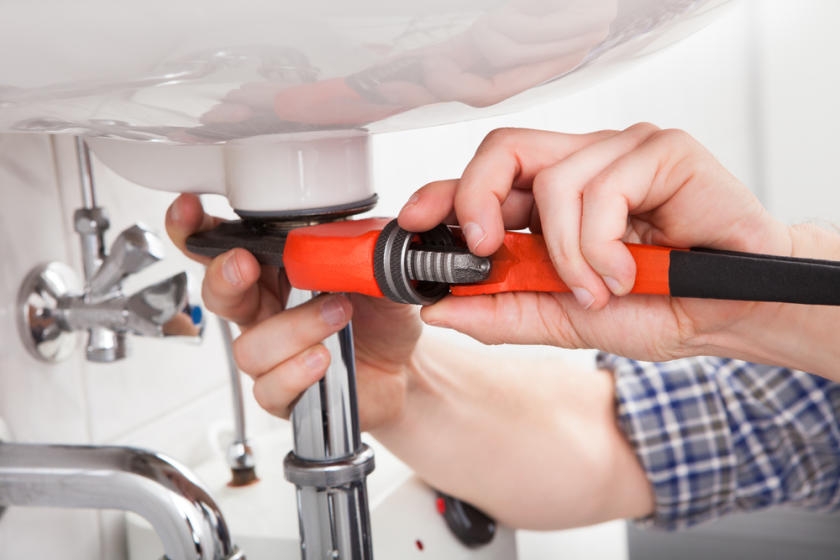Here on the next paragraphs you will discover a good deal of decent resources about Expert Tips for Managing a Plumbing Emergency Until Help Arrives.

Pipes emergency situations can strike at any time, triggering stress and anxiety and potential damages to your home. Whether it's a ruptured pipe, a stopped up drain, or a leaking tap, knowing how to take care of the situation until an expert plumbing professional arrives can conserve you from more complications. This short article gives essential emergency pipes pointers to help you reduce damages and reclaim control throughout a plumbing dilemma.
Shut off the Water
The first step in any plumbing emergency is to turn off the water. For local issues, such as a leaking faucet or bathroom, shut off the shutoff near the component. When it comes to a significant leak or burst pipeline, situate your home's major water shut-off shutoff and turn it off instantly. Understanding the place of these valves in advance can conserve useful time throughout an emergency situation.
Shut down Your Hot Water Heater
In particular emergency situations, such as a ruptured pipeline, it's a good idea to shut off your water heater. This prevents overheating or damage to the unit when water stops flowing. Turn off the power supply to the water heater (electrical or gas) and allow it cool to stay clear of possible threats.
Momentarily Quit a Ruptured Pipe
A burst pipe can lead to significant water damage in mins. To minimize the concern:
Call an expert plumber immediately to address the trouble permanently.
Have an Emergency Plumbing Package
Prepare a fundamental plumbing emergency situation set to handle small issues successfully. Your kit needs to include:
Having these devices on hand can make a considerable difference in your capability to take care of emergencies.
Unclog Drains Pipes Safely.
A clogged up drainpipe can be a frustrating and untidy issue. Right here's just how to tackle it:.
If these approaches don't work, prevent utilizing extreme pressure, as it may intensify the obstruction.
Take Care Of Overflowing Toilets.
An overflowing commode can cause immediate turmoil. Right here's what you must do:.
Address Small Leaks with Momentary Solutions.
Tiny leaks can rapidly end up being substantial issues if left uncontrolled. Make use of these short-lived solutions till specialist aid shows up:.
While these repairs aren't permanent, they can help minimize water loss and damages.
Take Care Of Frozen Water Lines Very Carefully.
In colder environments, icy pipelines are an usual emergency situation. If you believe an icy pipe:.
Know When to Call a Professional.
While quick fixes can assist briefly, certain pipes concerns need instant professional focus. Call a plumber if:.
Promptly calling a professional makes sure the issue is solved correctly and stops further issues.
Prevent Additional Damages.
Taking quick activity to minimize damages can save you time and money in the future. Below's how:.
Verdict.
Plumbing emergencies can be frustrating, yet with the best understanding and devices, you can manage the situation successfully till help arrives. By shutting off the water, addressing small leaks, and utilizing short-lived fixes, you can decrease damage and keep your home safe. Remember, these ideas are momentary remedies; always speak with a licensed plumbing to deal with the source of the issue. Prep work and fast reasoning are your ideal allies in any kind of pipes emergency.
8 Helpful Tips for Managing Plumbing Emergencies at Home
If your plumbing system hasn’t failed once, wait for it because almost everyone has a story to tell. Sometimes, it could be simple emergencies such as a leaking pipe, a blocked cistern, or even a big burst pipe. In situations like this, you need to have some handy tips to save you some money and from possible damages.
Take care of minor issues early.
Sometimes, you could have avoided an emergency by taking proactive measures while it was still early. Some major plumbing emergencies can be a result of an ignored minor issue. We recommend that you have items like plumbing tapes and other related items. A plumbing tape can allow you to manage minor leaks before the plumber arrives.
Cut off the water supply.
This tip is essential in almost any type of leakage problem. For problems like minor leakages in the toilet or kitchen, turn off the supply that takes water to the affected pipes. If the leakage is a major pipe, you must shut off the supply valve to the entire building. This will help you avoid flooding your home and neighbors if you share a flat.
Know your plumbing system
Folks typically move into a new apartment without understanding the water supply around the building. This can prove disastrous if a water emergency arises and the plumber is far away. The previous tip will prove useless if you don’t practice this one. More importantly, know where your water shut-off valve is located – you’ll need that knowledge to prevent potential home floods.
Have some common handy tools
There are lots of plumbing emergencies that you can handle without hiring a plumber. That’s why you must keep some tools available always. Some tools that you can use to fix simple plumbing emergencies easily include plumbing tapes, screwdrivers, thread seal tapes, plungers, pliers, tape measures, and rubber gloves.
Insulate your pipes from cold
You’ll save yourself from many plumbing expenses if you protect your water pipes from the cold. This is because of the harmful effects that cold weather can have on your pipes. During winter, your pipes can burst from being overly expected to freezing temperatures. So, make sure insulators are there to keep the pipes working correctly.
Avoid practices that will clog your toilet.
Many people indulge in practices that can damage the plumbing system of the entire building. One of these is when they use their toilet to dispose-off garbage. They flush all kinds of things, such as paper towels, bandages, hairs, female sanitary products, etc., down the toilet. This will block your toilet in the long run, incurring unnecessary expenditures. Dump such waste in the trash instead.
Check your dials regularly.
Sometimes, there could be leakages in your home without noticing them in time. So, constantly monitor your water meter dial. If the dial is reading when there is nobody using water, this is an indicator that there is leaking. Check for leaks immediately. Call a plumber as soon as possible if you can’t find any.
https://www.constructionplacements.com/8-helpful-tips-for-managing-plumbing-emergencies-at-home/

As a passionate person who reads about Expert Tips for Emergency Plumbing Repairs, I was thinking sharing that post was important. Those who liked our article please don't forget to share it. Thanks a lot for going through it.
Click Here